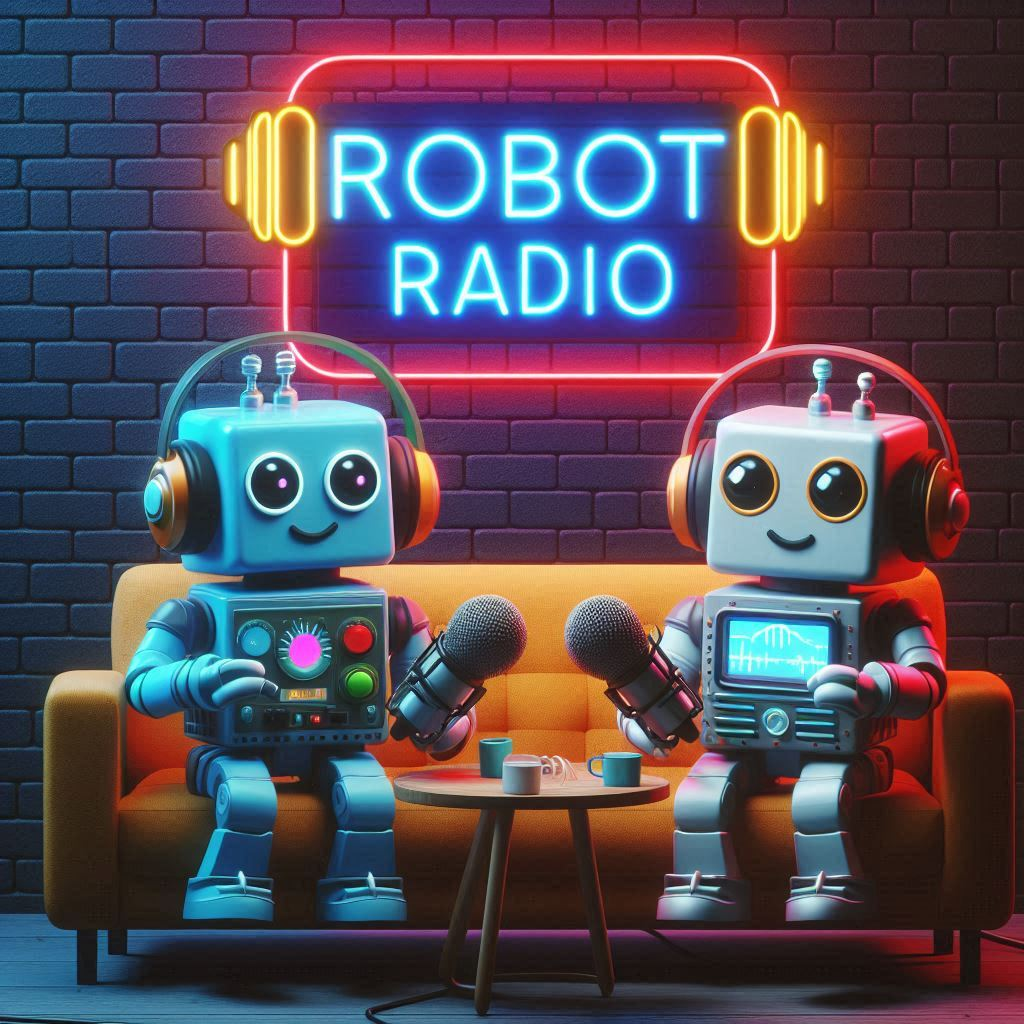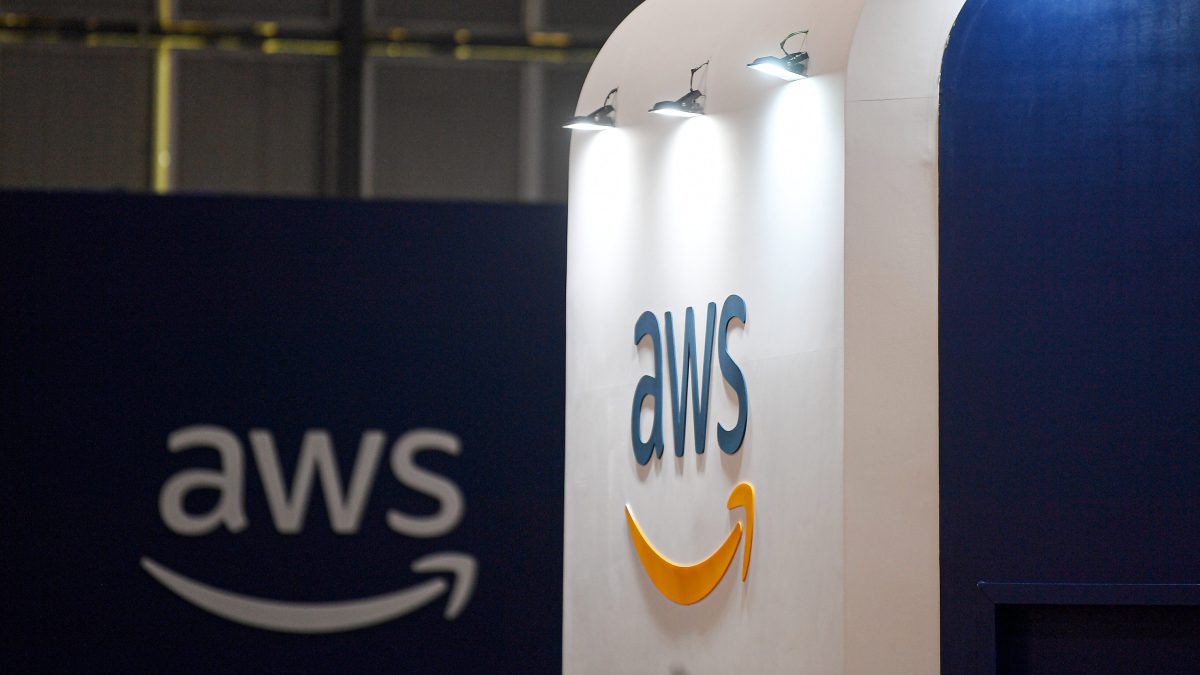📝Google's surprise AI podcast hit

Google used to be a company where experimentation was encouraged -- or at least it felt like that from the outside. Now it's hard to remember when Google last launched a new product that was an immediate hit. But with NotebookLM and its AI podcasts, Google finally scored an AI hit.
By now, you're probably familiar with NotebookLM and the AI podcasts it can generate. I remember seeing the demo page a few weeks ago (probably via Hacker News) and how surprised I was by how good those examples were. Yet, I'm also skeptical of every demo that seems too good to be true.
Now with this same functionality open to everyone, it's clear that Google got this right and I've actually been using the service quite a bit to prepare for meetings and big interviews. While doing my research, I bookmark a bunch of sources in NotebookLM, no matter whether those are Wikipedia pages, news articles, interviews on YouTube or scientific papers. Then I let it generate a podcast from those.
I'm a habitual reader and I've likely read (or at least skimmed) all of those sources before I bookmarked them in NotebookLM, but there is something about hearing the conversation between the two AI hosts that gives me a different perspective, or maybe puts a different emphasis on the sources. It's an easy 10-minute exercise and has been worth it every single time I've tried it.
While the podcasts are a nice gateway into NotebookLM, I think many pundits are forgetting that this is just one feature. A lot of the value I've been getting out of it is using its chat function that uses these same sources as the core of a Gemini/ChatGPT-like experience -- just like any similar chat tool that you've fed with a large amount of context -- and while it can go beyond those sources (but not the topics they are about), it'll always try to refer back to those documents. Ask it about the meaning of life, though, and it'll politely refuse.
In the open-source world, all eyes remain on the WordPress/WP Engine feud. A lot has been written about that already, so there's no need to rehash the details. In the end, it's always about ego and money.
Talking about money and open source: Broadcom's acquisition of VMware, and the way Broadcom has treated VMware's customers ever since, has become a boon for OpenStack, the massive open source project that originally set out to offer enterprises an on-prem version of the core AWS services. Over the last decade, OpenStack and the foundation that backed it, went through a well-chronicled hype cycle. I've been covering the project and talking to the leaders of what is now the OpenInfra Foundation since I first met them in 2014.
“I did not have ‘VMware sparks OpenStack resurgence’ on my 2024 bingo card,” OpenInfra Foundation Executive Director Jonathan Bryce told me when I interviewed him a few weeks ago. “It’s definitely been something that has driven just an incredible amount of interest."
Some old OpenStack vendors are now coming back into the ecosystem, and some that had put their services on ice, only serving their legacy customers, are doubling down on the platform again.

Earlier this week, I talked to AWS CEO Matt Garman. We talked about a lot of things (generative AI being at the forefront, of course), but also open source.
Here is the key quote from my story: “I think our view is pretty straightforward,” Garman said when I asked him how he thinks of the relationship between AWS and open source going forward. “We love open source. We lean into open source. I think we try to take advantage of the open source community and be a huge contributor back to the open source community. I think that’s the whole point of open source — benefit from the community — and so that is the thing that we take seriously.”
You can read more about his thoughts on open source here.






